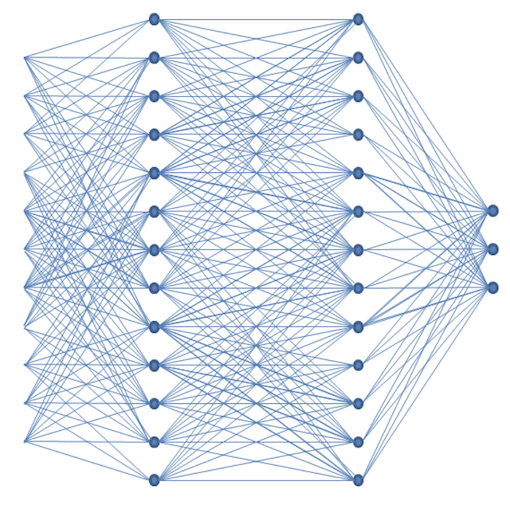Ramin Hasani, the astute CEO and co-founder of Liquid AI wants artificial intelligence to “solve actual problems for us”. To achieve that goal he completely re-imagined how neural networks operate, with the help of “liquid neural networks” and a small invertebrate you might find in the topsoil of your garden.
So what are liquid neural networks (LNN) and why are they hot right now? LNNs are a special AI tool because they are designed to adapt continuously to new data inputs in real-time. This allows them to anticipate future behaviours, enabling algorithms to constantly make very rapid decisions based on real-time data streams (time series). The biomimetic processing architecture of a liquid neural network is more akin to the biology of the simplest animal brain, demonstrating dynamic memory and processing. This provides the ability to learn and assess the spatial and temporal environment. Dr Hasani based his research on the brain of a common garden worm in which there are only a small number of neural nodes. But in neuromorphic computing – less is sometimes more. In the research it was shown that a neural network with only 19 nodes (like the worm brain) could navigate a vehicle along a narrow road.
LNNs could eventually overtake current approaches where adding billions of new parameters delivers only small performance improvements. This obviously has huge implications for existing AI companies and makers of processing chips whose stock and trade is based on adding huge chunks of computing power. Traditional artificial neural networks require vastly greater amounts of energy to build and update their models. These heavyweight offerings also cannot yet run on local enterprise systems. So Liquid AI provides capacity for their clients to simply plug into an LNN model at the edge that exhibits a much lower carbon footprint. Users then customise the models privately to their specific needs whether it be financial markets analysis, fraud detection, molecular sequencing or even weather pattern prediction.
The company was spun out of the MIT Computer Science and Artificial Intelligence Lab (CSAIL). Prior to joining CSAIL as a researcher, Hasani received a Ph.D in computer science from the Vienna University of Technology with his dissertation on liquid neural networks having been recognised with a number of awards. He subsequently commenced post-doctoral work at MIT alongside Professor Daniela Rus, a highly respected robotics scientist and head of CSAIL who was recently elected a member of the prestigious U.S. National Academy of Sciences.
The worm has indeed turned for Liquid AI which raised over $37 million in a late 2023 “seed” round. Investors included WordPress parent company Automattic and Samsung’s Mountain View based venture arm – Samsung Next. Angel investors including co-founder of GitHub Tom Preston-Werner, Shopify co-founder Tobias Lütke and Red Hat co-founder Bob Young also participated.
Image credit: Cecbur, CC BY-SA 4.0 via Wikimedia Commons
Genius ReFi brings together Researchers, Entrepreneurs, Investors and Industry for creative collaborations in the commercialization of scalable Regenerative Science.





